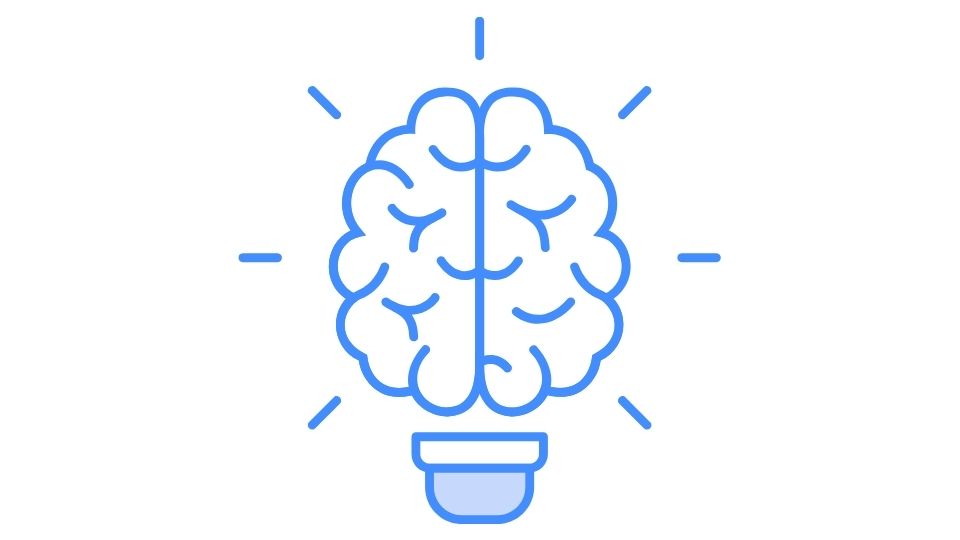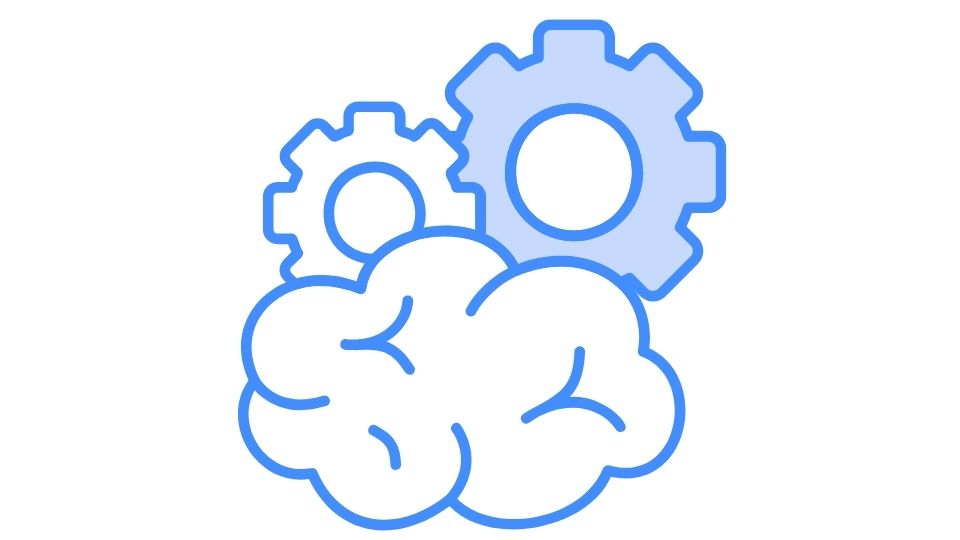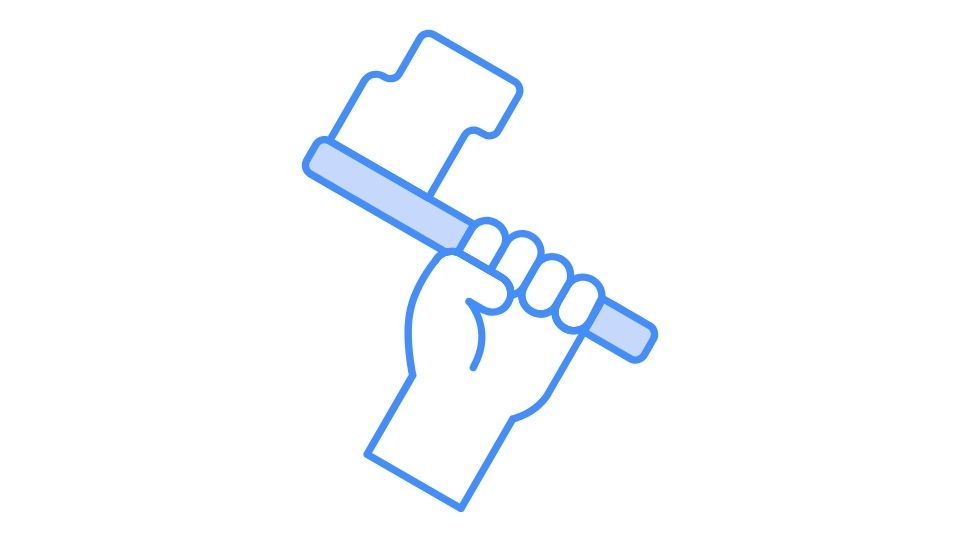Burned Out or Just Tired? 6 Key Differences You Need to Know

Ever wondered why your brain feels like it’s been through a blender after a long day of work?
That foggy feeling has a name – mental fatigue. And its evil cousin burnout might be lurking around the corner if you’re not careful.
I used to think these were just fancy words for “I’m tired,” but turns out they’re actually different beasts entirely.
Let’s dive into what mental fatigue and burnout actually are, how they differ, and most importantly – how to get your brain back to normal before you start sending those embarrassing 2am emails to your boss.
Mental Fatigue vs Burnout: What’s Frying Your Brain?
Mental Fatigue: Your Brain on Overload

Mental fatigue is basically what happens when your brain has been “on” for too long without a proper break.
Think of your mental energy like your phone battery – after heavy use, it needs to recharge. But instead of plugging in, many of us just keep going until we’re running on fumes.
Mental fatigue symptoms include:
- Feeling down or depressed
- Anxious thoughts that won’t quit
- “Wait, what was I doing again?” memory issues
- Headaches that magically appear at 3pm
- Sleep problems (too much, too little, or weird dreams about your third-grade teacher)
The key thing about mental fatigue is that it can hit you pretty fast. One super intense workday with back-to-back meetings? That might be enough to trigger it.
But here’s the good news – mental fatigue is usually temporary and fixable with some proper rest and recovery.
Burnout: When Your Inner Fire Goes Out

Burnout is like mental fatigue’s bigger, badder older sibling. It doesn’t just show up after a tough week – it builds slowly over time until one day you wake up and just can’t.
While mental fatigue is like spraining your ankle, burnout is more like breaking your leg. Both hurt, but one takes a lot longer to heal.
Burnout symptoms include:
- Emotional numbness (when things that used to excite you do nothing)
- Thinking “what’s the point?” about work or life
- Irritability (when your partner breathing too loudly feels like a personal attack)
- Zero motivation to do anything
- Physical exhaustion that sleep doesn’t fix
- Detachment from people and activities you used to love
The biggest difference? Burnout is primarily tied to work or caregiving responsibilities, while mental fatigue can happen to anyone doing anything mentally demanding.
For more on burnout and how it affects your overall well-being, you can check out the World Health Organization’s stance on burnout.
Compassion Fatigue: The Caregiver’s Burnout

There’s a third player in this game called compassion fatigue, which mainly hits people in helping professions like healthcare, therapy, or even parenting.
It’s what happens when you spend so much time caring for others that your empathy tank runs dry.
This is especially common in people who regularly deal with others’ trauma. Doctors, nurses, therapists, social workers – I’m looking at you.
To understand more about compassion fatigue and its impact, visit Mental Health America for resources on managing mental health.
How To Fix Your Fried Brain

Time Management & Rest
The most obvious but hardest solution – actually take breaks.
Your brain isn’t designed to run at 100% all day long. Even taking short 5-minute breaks throughout your workday can prevent mental fatigue from setting in.
For burnout, you might need more drastic measures like:
- A proper vacation (and I don’t mean checking email from the beach)
- Setting firm work-life boundaries
- Delegating tasks that drain you
I personally block out “no meeting” times in my calendar where I can either focus deeply or just let my brain recover.
If you’re unsure how to start setting boundaries, check out MindTools for practical advice on work-life balance.
Emotional Support
You know how your phone sometimes needs a hard reset? Sometimes your brain does too.
Find activities that help you process emotions and reduce stress:
- Journaling (get those thoughts OUT of your head)
- Talk therapy
- Meditation or breathwork
- Screaming into a pillow (hey, whatever works)
Having a friend or therapist you can vent to is worth its weight in gold. Don’t underestimate the power of saying “this sucks” out loud to someone who gets it.
For guidance on professional therapy and emotional wellness, visit Psychology Today.
Self-Care Isn’t Just Bubble Baths
The term “self-care” gets thrown around a lot, but it’s more than just treating yourself. It’s about meeting your basic human needs:
- Movement: Even a 10-minute walk can reset your brain chemistry
- Sleep: Nothing works right when you’re sleep-deprived
- Nutrition: Your brain runs on what you feed it
- Downtime: Doing absolutely nothing is sometimes the most productive thing
My take: When I’m feeling mentally fried, I force myself to go for a run even when I don’t want to. Works better than caffeine every time.
Professional Support
Sometimes DIY solutions aren’t enough, especially for true burnout.
Don’t be afraid to:
- Talk to a therapist or counselor
- Discuss workload issues with your manager
- Consider a job change if your environment is toxic
- Look into medical leave if things are severe
Remember: Burnout isn’t a personal failure – it’s often a system failure. The most driven, dedicated people are usually the most susceptible.
In Summary
Mental fatigue is temporary brain drain from too much thinking without breaks.
Burnout is chronic emotional, physical, and mental exhaustion usually tied to work or caregiving.
Both suck, but they’re fixable with the right approach.
And most importantly – your worth isn’t tied to your productivity. Sometimes the most productive thing you can do is rest.
The next time you feel your brain turning to mush, ask yourself: Is this temporary mental fatigue that needs a good night’s sleep, or the early warning signs of burnout that requires bigger changes?
Either way, take it seriously. Your brain deserves better than to be run into the ground.

